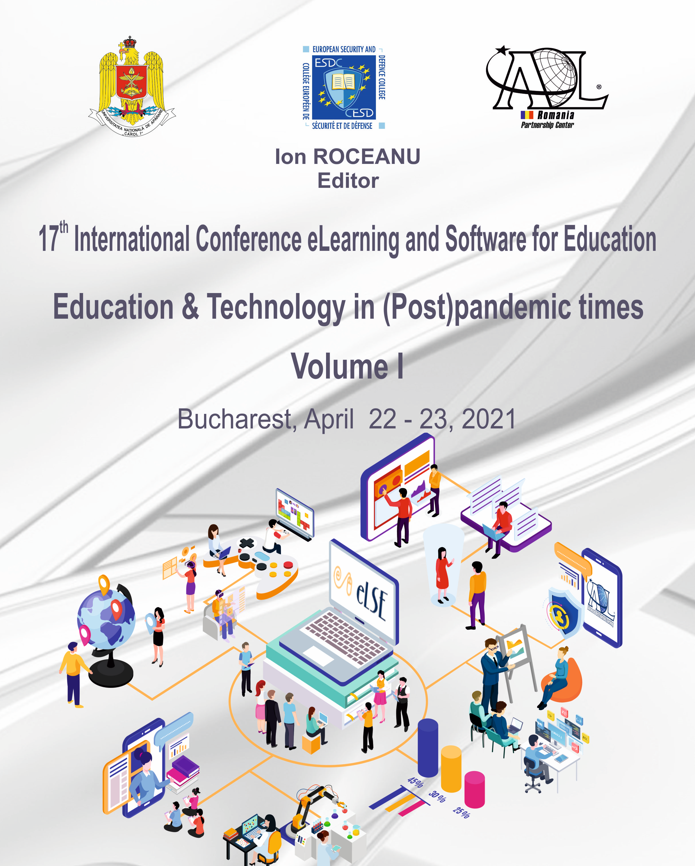USING ROOT CAUSE ANALYSIS IN ACHIEVING ELEARNING IMPROVEMENT. BEST PRACTICES AND LESSONS LEARNED DURING COVID-19 PANDEMIC
USING ROOT CAUSE ANALYSIS IN ACHIEVING ELEARNING IMPROVEMENT. BEST PRACTICES AND LESSONS LEARNED DURING COVID-19 PANDEMIC
Author(s): Hortensia Gorski, Ghiţă BÂRSAN, Ilie GligoreaSubject(s): Labor relations, Security and defense, Military policy, Higher Education , Health and medicine and law, Distance learning / e-learning, Pedagogy
Published by: Carol I National Defence University Publishing House
Keywords: root cause analysis; eLearning; best practices; lessons learned; stakeholders;
Summary/Abstract: Being faced with the lockdown policies, as a result of the COVID-19 pandemic, has forced the impelled acceleration of the process of digitization and the adoption of immediate solutions by educational institutions and their leadership. The need for sudden, unplanned and unprepared changes revealed serious problems related to the phenomenon of digitalization of education. This paper is based on qualitative research, which allowed describing in detail the many aspects related to the quality of the eLearning process in terms of the main stakeholders directly and indirectly involved. Root cause analysis, addressed by the authors in this paper, as part of a larger project that aims to continuously improve online teaching and learning in the “Nicolae Bălcescu” Land Forces Academy in Sibiu, allowed identifying and understanding the causes and sub-causes. In order to visualize them as user-friendly as possible, we used the facilities of the MindManager program. Following the analysis, a more complete picture of what happened in the eLearning process in the context of COVID-19 pandemic was obtained. The information collected through the qualitative research, based on the tools highlighted in the paper, allowed identifying best practices and lessons learned, which would later be shared internally – within the Academy - and externally - with partners. The paper ends with a series of solutions that can contribute to the continuous improvement of eLearning.
Journal: Conference proceedings of »eLearning and Software for Education« (eLSE)
- Issue Year: 17/2021
- Issue No: 01
- Page Range: 400-413
- Page Count: 14
- Language: English

